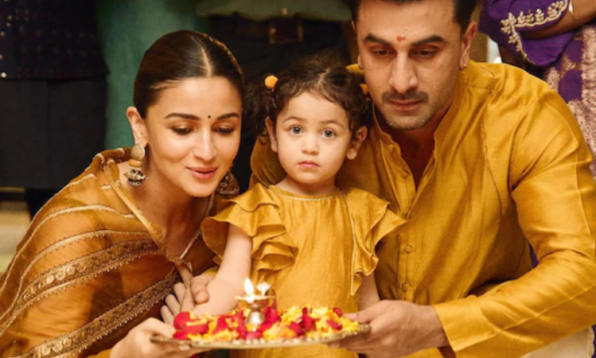When it comes to divorce, nothing sparks more heated debate than alimony. For women, it’s often a lifeline, a financial support system after years of running a household or putting careers on hold. Many men view alimony as an outdated burden and often ask, “If dowry is illegal, why should alimony still exist?” Senior advocate Geeta Luthra explains on AfterHours with All About Eve that the reality is far more complex. Alimony safeguards survival, upholds dignity, and keeps spouses from being left stranded when a marriage falls apart. Yet, in India, loopholes, dishonesty, and a lack of accountability still plague the system.
What is the alimony law in India?

Advocate Geeta Luthra explains that Indian courts have broadly followed the principle that a non-earning spouse should receive one-third to one-fourth of the earning spouse’s income as maintenance. She notes, “This is not unreasonable if the wife is not working.”
Under Section 125 of the Criminal Procedure Code (CrPC), a wife, minor child, or elderly parents can claim maintenance. The Hindu Marriage Act (1955) and the Special Marriage Act (1954) also provide for interim and permanent alimony. Courts consider factors such as the husband’s and wife’s incomes, lifestyle during marriage, the needs of children, and the conduct of both parties.
But what if the wife is working? Recent rulings confirm that employment does not automatically disqualify a woman from receiving alimony. The Supreme Court in Rajnesh vs Neha laid out that maintenance depends on income disparity, social status, lifestyle, and sacrifices made during marriage. If the wife’s salary is too small to sustain the standard of living she had during the marriage, she may still receive support. On the other hand, if she is financially self-sufficient, courts may reduce or deny alimony.
Why “discovery” matters
One of the biggest hurdles, Luthra says, is that many people simply lie about their income. As she puts it, “As soon as the case comes, everyone’s income becomes zero. Everyone’s money is completely spent.” While in other countries, dishonesty is punished, in India, Advocate Geeta Luthra says, “You can lie to eternity and no court punishes anybody… courts have given a stamp of approval that in the matter of maintenance and income, everyone lies a little.”
This is where discovery, a process robustly enforced in the West, becomes crucial. Courts can demand financial disclosures and punish perjury. Advocate Luthra explains, “Discovery is a very important tool… if your spouse doesn’t tell the truth, the court will get it out of them.” In India, however, discovery is weak, allowing spouses to shuffle or hide assets until divorce proceedings are over.
How can trusts help you protect your wealth?

Luthra also points to the growing role of trusts as a way to secure children’s futures amidst marital disputes. “This trust mechanism actually needs to be adopted… if there is a fight between us, then the child should not be deprived,” she says. A trust is a legal arrangement in which a trustee holds and manages assets for specific beneficiaries. This is done to prevent the misuse or concealment of assets. In divorce scenarios, a trust protects wealth and keeps funds, like those for a child’s education, available when needed.
Adv Geeta Luthra and Bani Anand’s conversation brings to light that alimony law in India is far from perfect. As it stands, loopholes allow dishonesty, and alimony isn’t always the easy way for women, as people claim it to be.
If you want to know more about divorce and custody laws in India, watch the full episode here.
Featured Image Source
Related: Do Indian Women Really Have Equal Inheritance Rights? Here’s What Senior Advocate Geeta Luthra Says

 Web Stories
Web Stories













